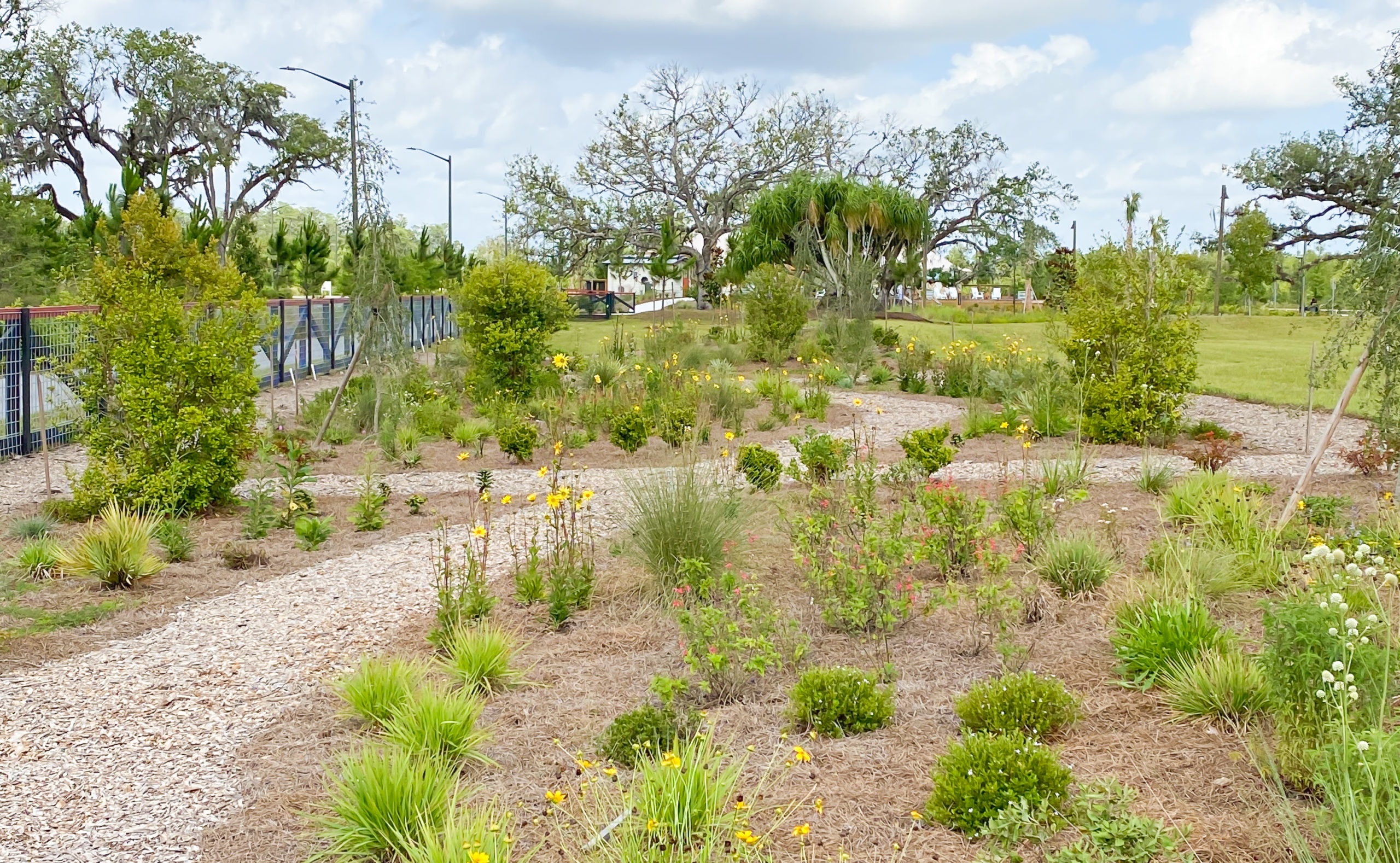


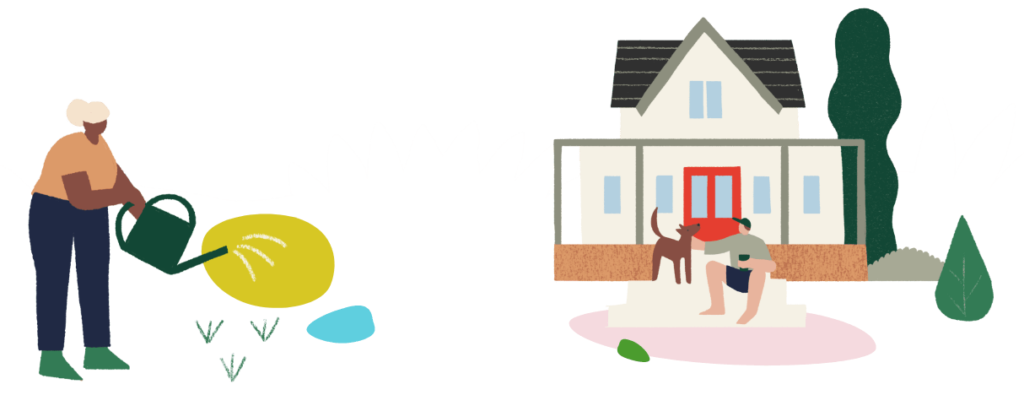


Nearly 1,000 people move to Florida daily, which is analogous to adding Orlando’s population to Florida annually. Typical residential development in Florida involves clearcutting the land, replacing native soils and leveling the topography resulting in loss and fragmentation of natural areas, wildlife habitat and biodiversity.
Native landscapes are replaced by yards dominated with non-native grasses and plants that, to succeed, require a lot of water, fertilizers, pesticides and chemicals which in turn degrades water quality, affects water supplies and hurts beneficial insects such as pollinators. Believe it or not, the current standards for development include lawns that contain only a handful of plant species and lead some homeowners to use thousands of gallons of water per week just on their lawn.
But there is good news! We can build residential neighborhoods that work in harmony with nature instead of against it. Through an academic private partnership we are studying the best landscape approaches to:
In collaboration with University of Florida, University of Central Florida, Life Soils, The Nature Conservancy, Toho Water Authority, Cherrylake and the OUTSIDE Sustainable Landscapes Collaborative we have planted an experimental garden at Basecamp and are conducting a long-term study of the plantings at the model homes in Weslyn Park compared to conventional landscapes.
By demonstrating that these sustainable native landscapes provide food for wildlife, are attractive to and benefit people as well as reduce the need for irrigation, fertilization, pesticides, and mowing they are viable options that will help guide future land development practices. This is particularly important as more and more local governments in Central Florida turn toward landscapes that limit irrigation.

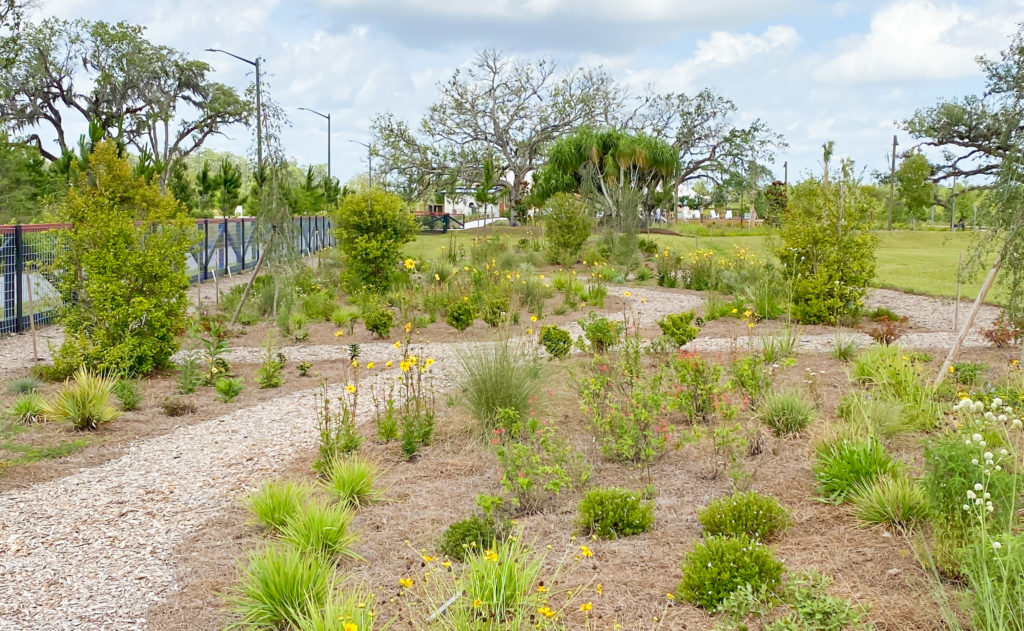
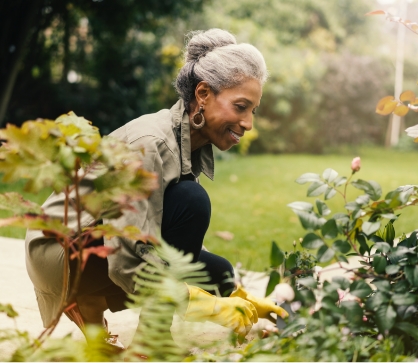
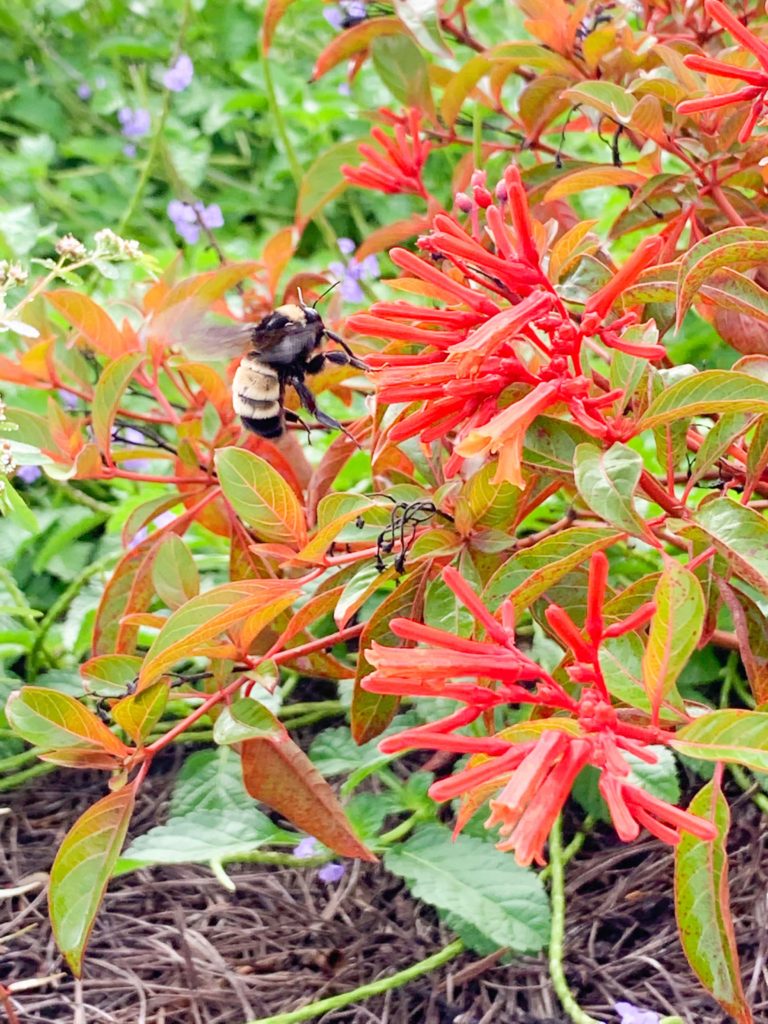

Every neighborhood truly starts from the ground up. Healthy soils are the foundation for healthy plants, wildlife, and people. This is why we are starting from the ground up in Sunbridge.
At the Basecamp test garden, researchers are testing different strategies to regenerate soils, root the landscapes with native plants, enhance habitat for wildlife, save water by reducing irrigation needs, and protect water quality by reducing fertilizer and pesticide needs. So, you may notice a difference between how the garden looks or what you see in one area of the garden versus another. This is likely because of the different “treatments” used from one section of the garden to the next. We call these types of experiments “Living Labs” since they are an in-the-ground living part of the community being studied to enhance and strengthen our connections with nature.
The goal is to apply what we learn throughout Sunbridge and continue to cultivate healthy, native, low-impact landscapes that allow humans and nature to thrive together.
 Explore the garden
Explore the garden
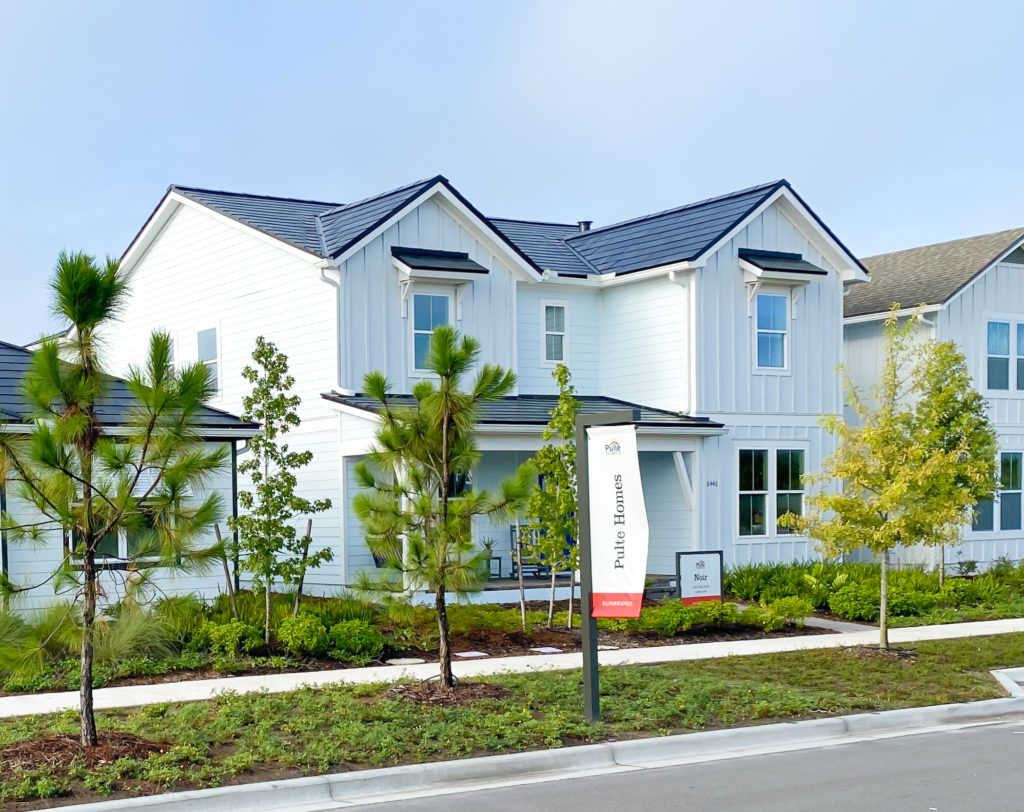
You may notice that the landscaping looks different in Weslyn Park. That’s because in Sunbridge, we want to be healthy from the ground up. Let’s give our children spaces to feed their curiosity, let’s enjoy evening strolls, let’s put down our screens and step into our back and front yards to enjoy nature. In our effort to demonstrate sustainability, the selected plant palette and typical lot standards reflect a commitment to Florida native, drought tolerant, diverse and resilient plantings that are signature elements of this community.
These landscape standards are consistent with current water utility requirements in Osceola County that prohibit irrigated turf in rear yards. As more and more local governments in Central Florida work to save water by adopting landscape codes and ordinances that limit irrigation, alternative landscaping standards will become the new norm. The Weslyn Park landscape standards are ahead of the curve and leading the way in sustainable landscaping for Central Florida.
 View our landscape standards
View our landscape standards
If you choose to call our Weslyn Park neighborhood home, you will contribute to our efforts to conserve water, protect our natural resources and create an environment for butterflies, birds and other wildlife to thrive.
 Find your home
Find your home